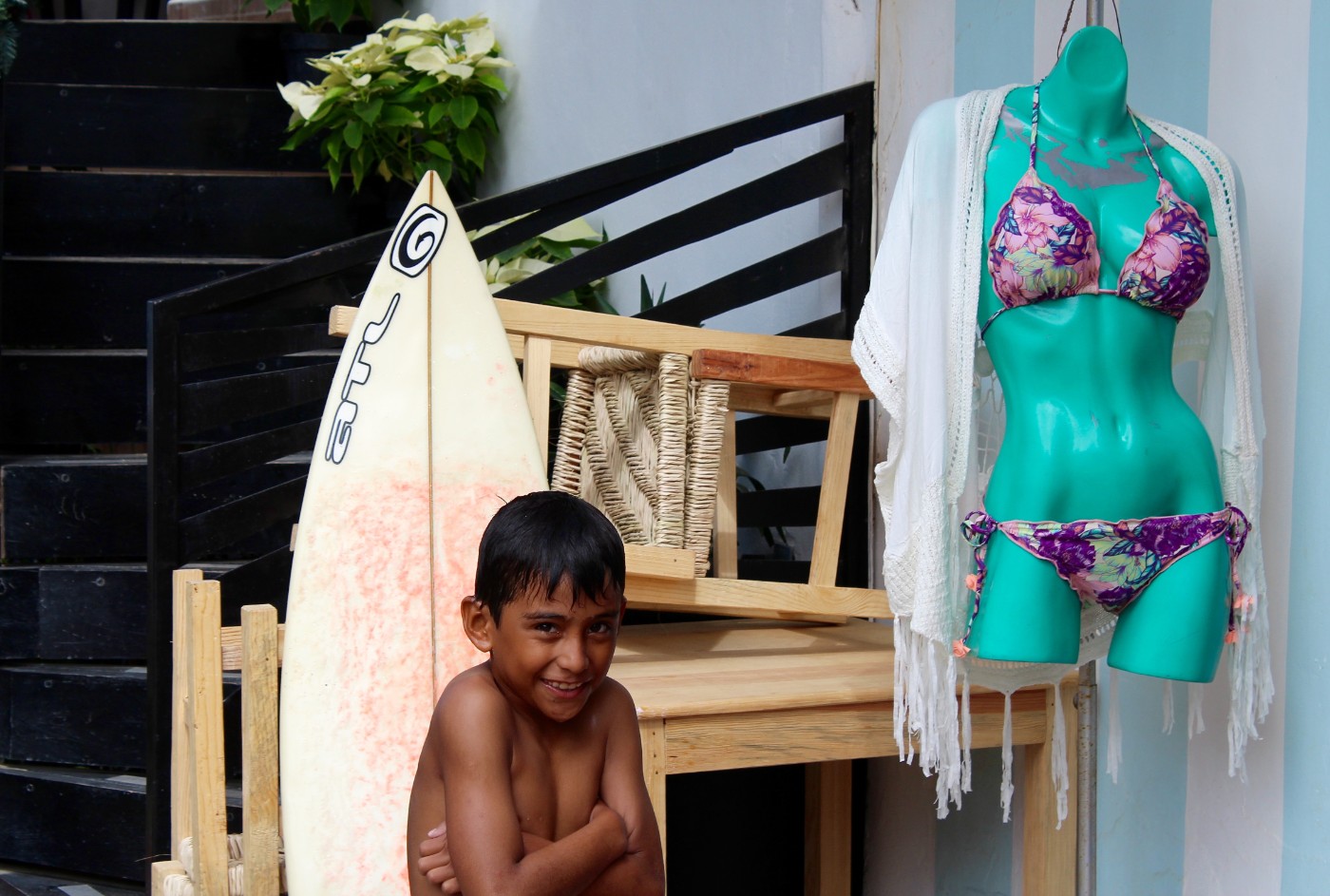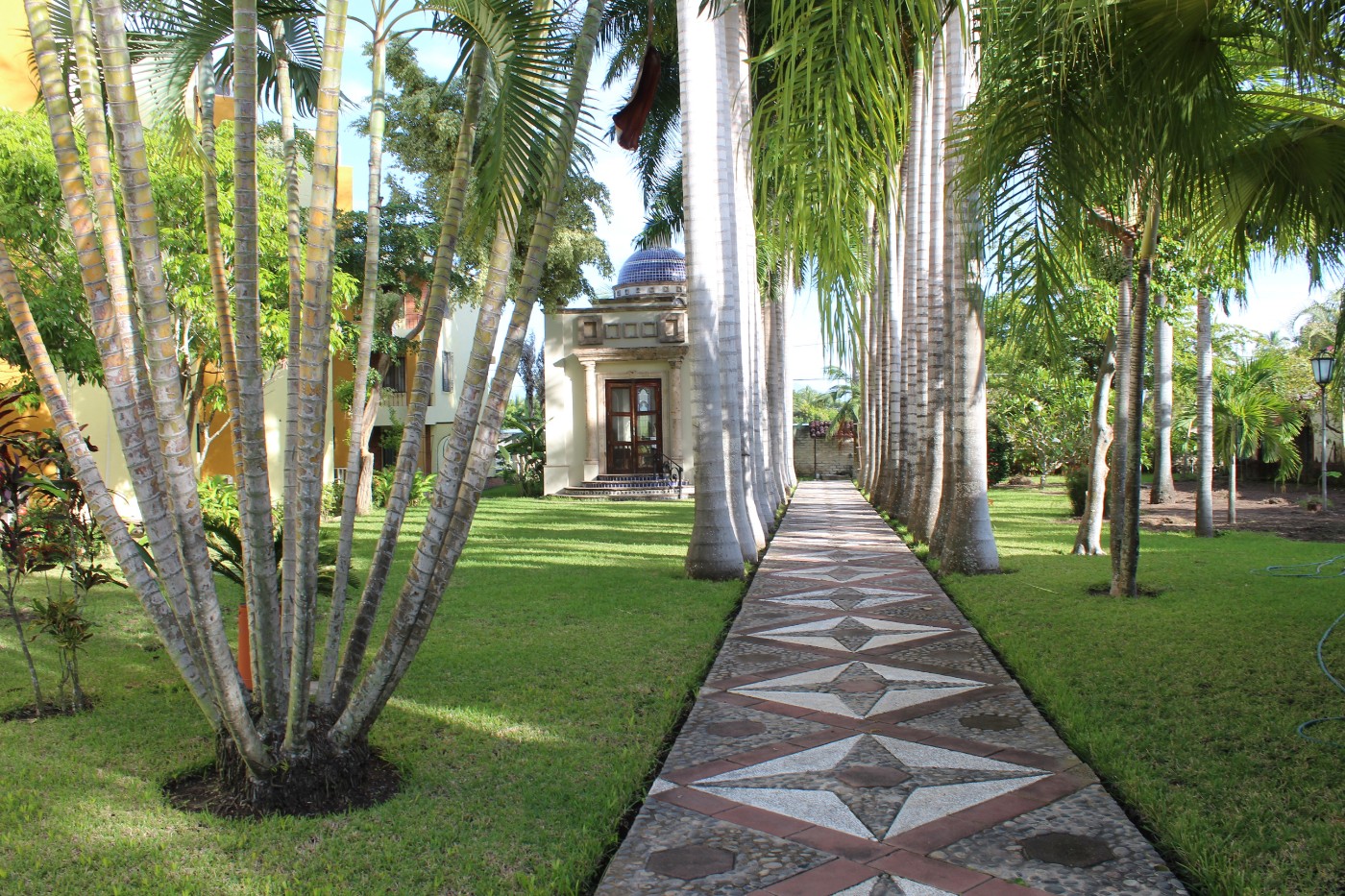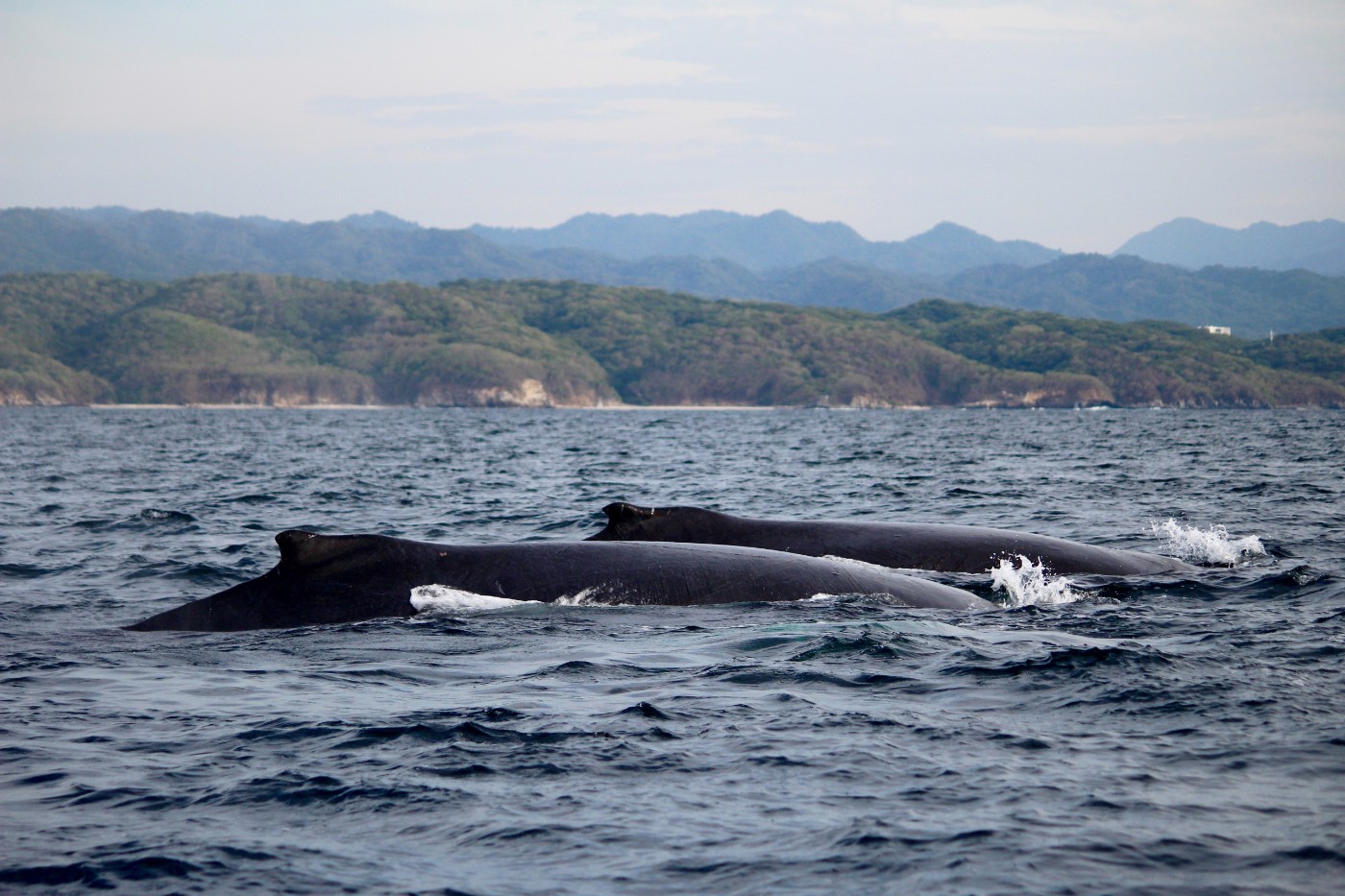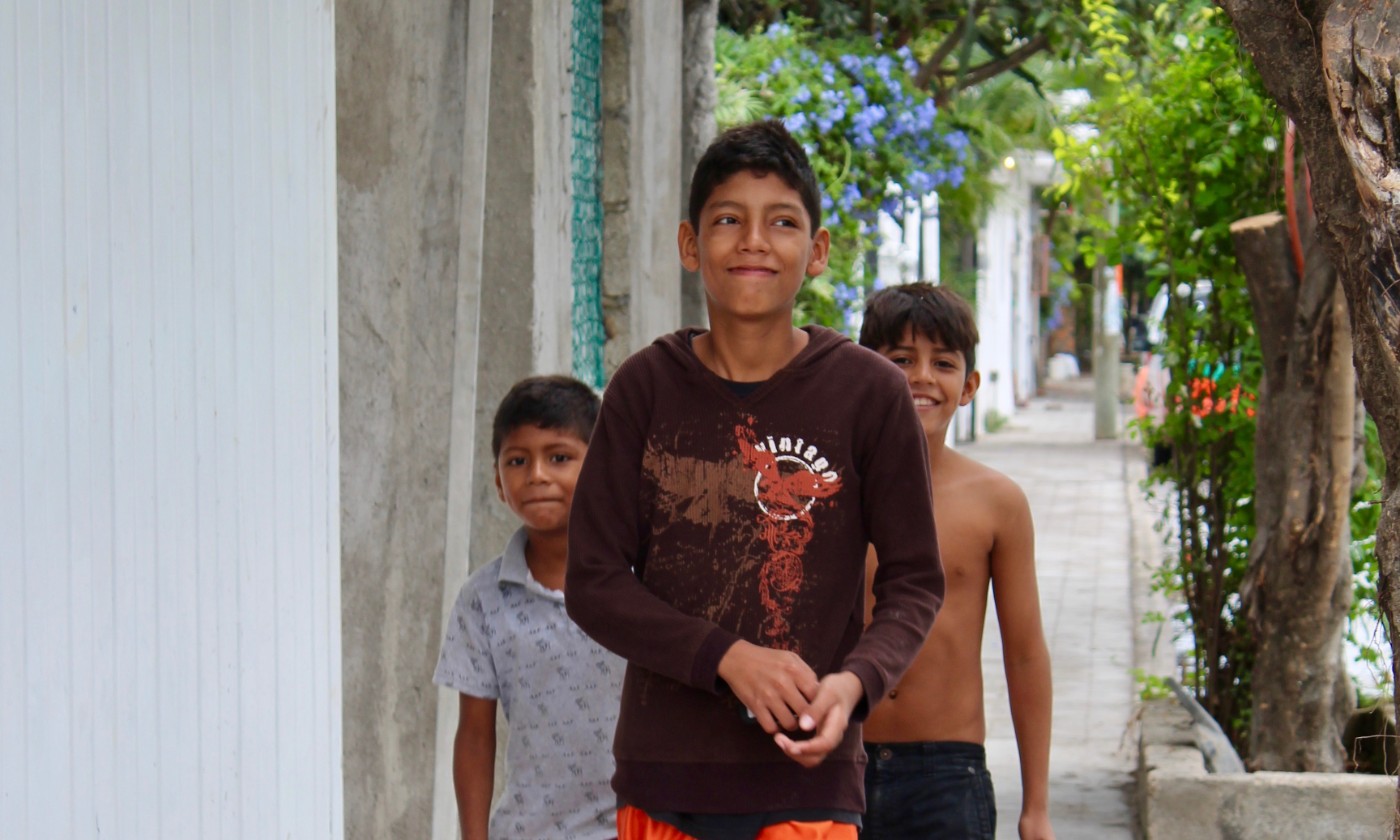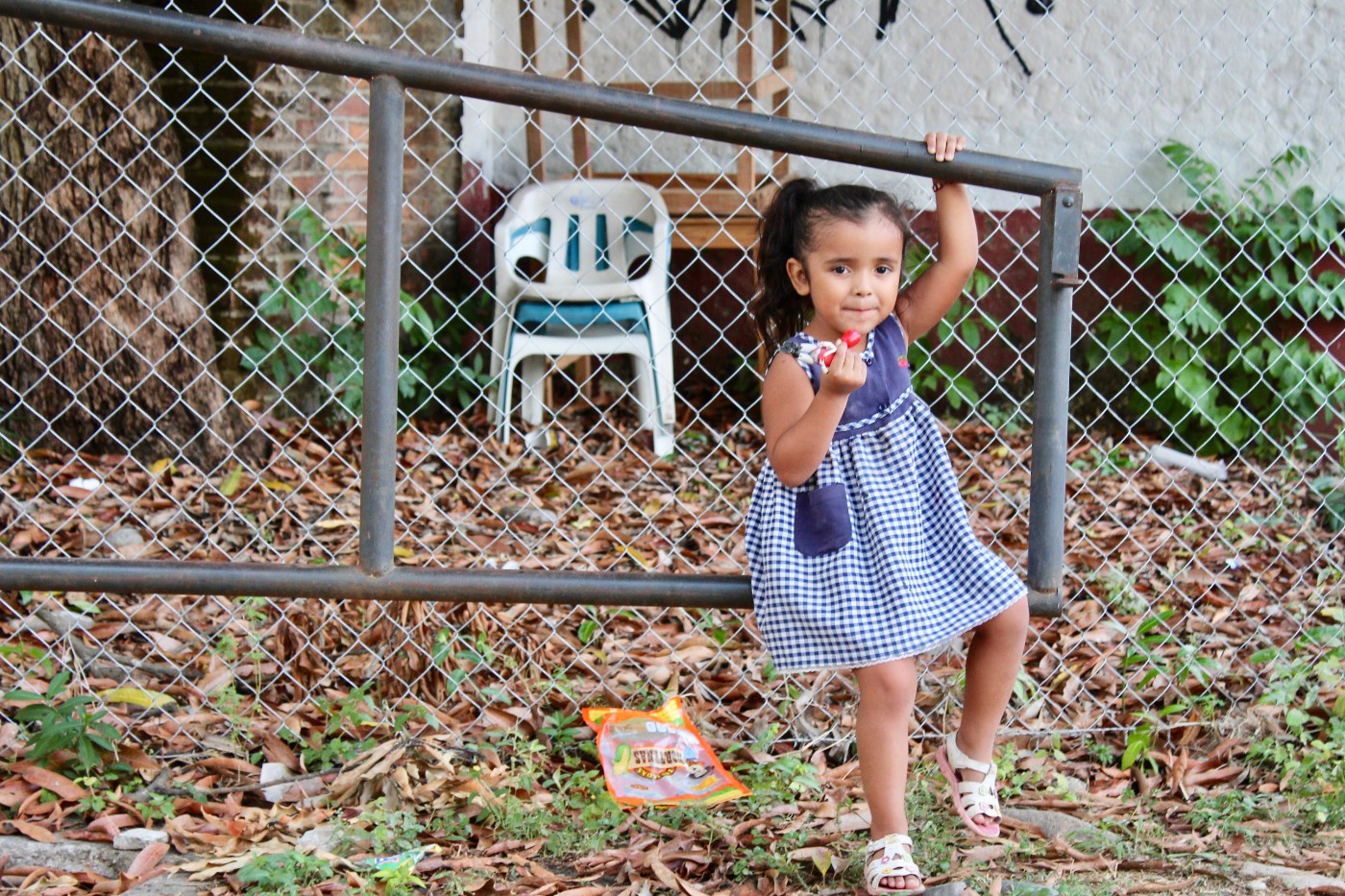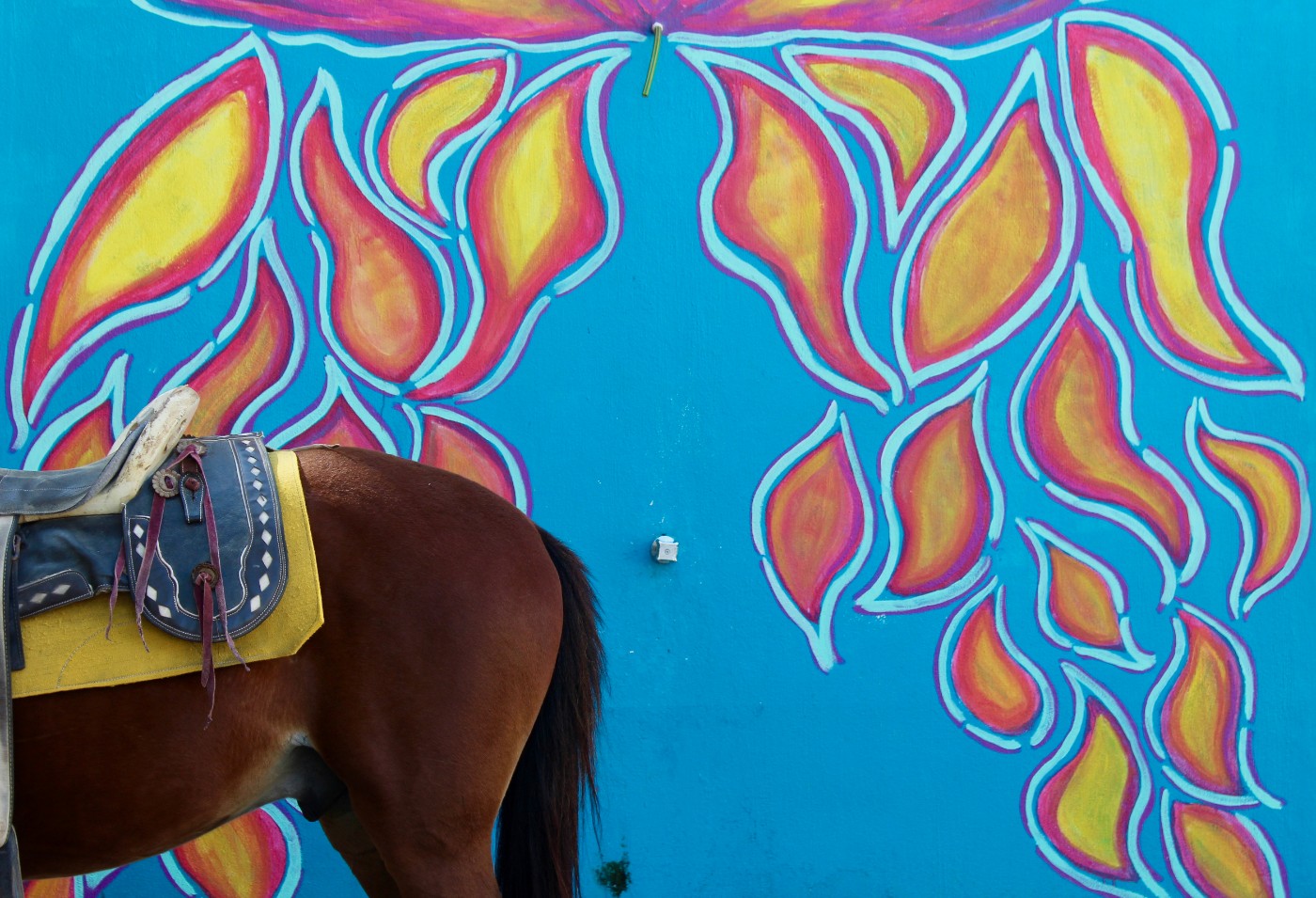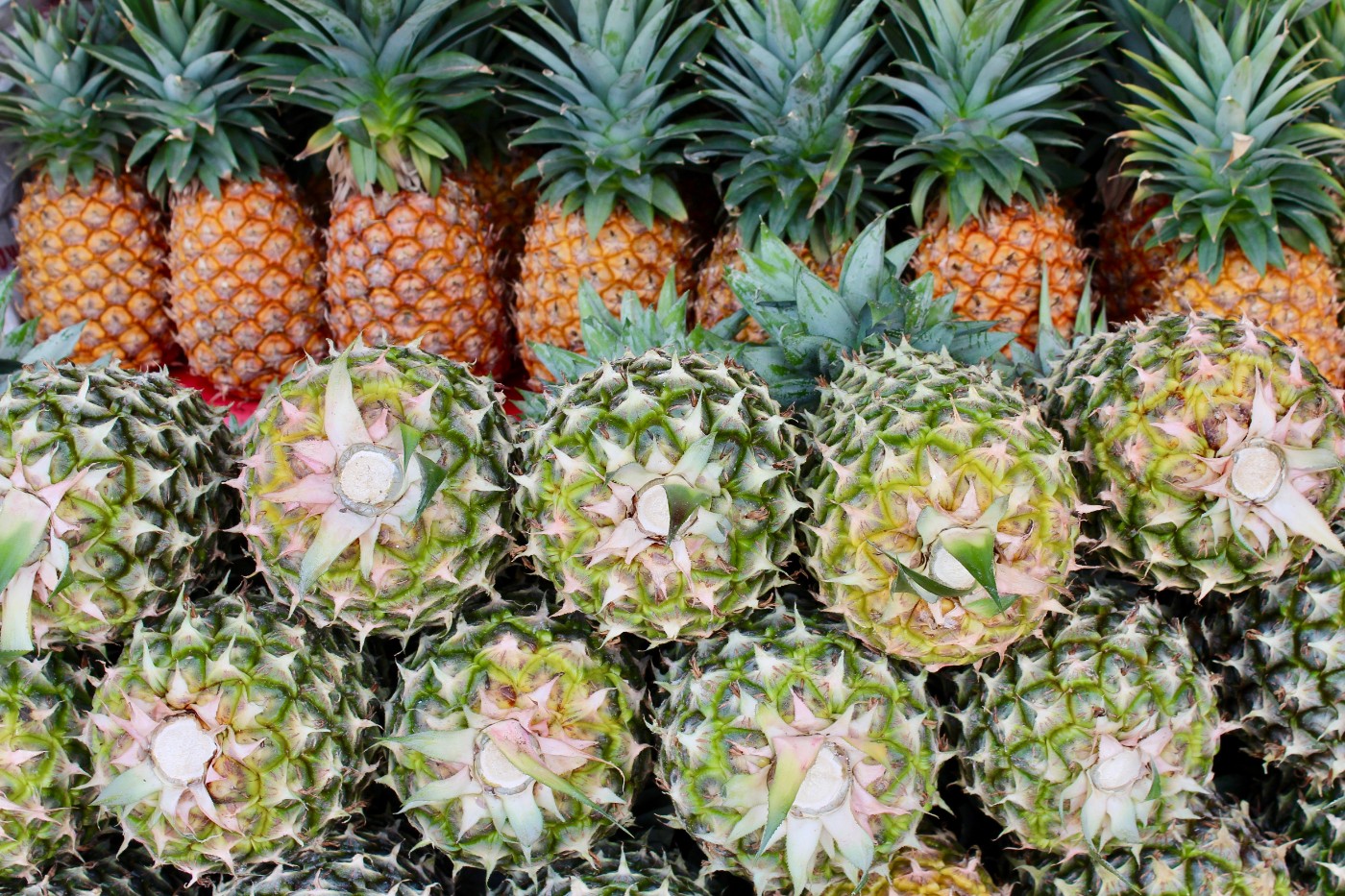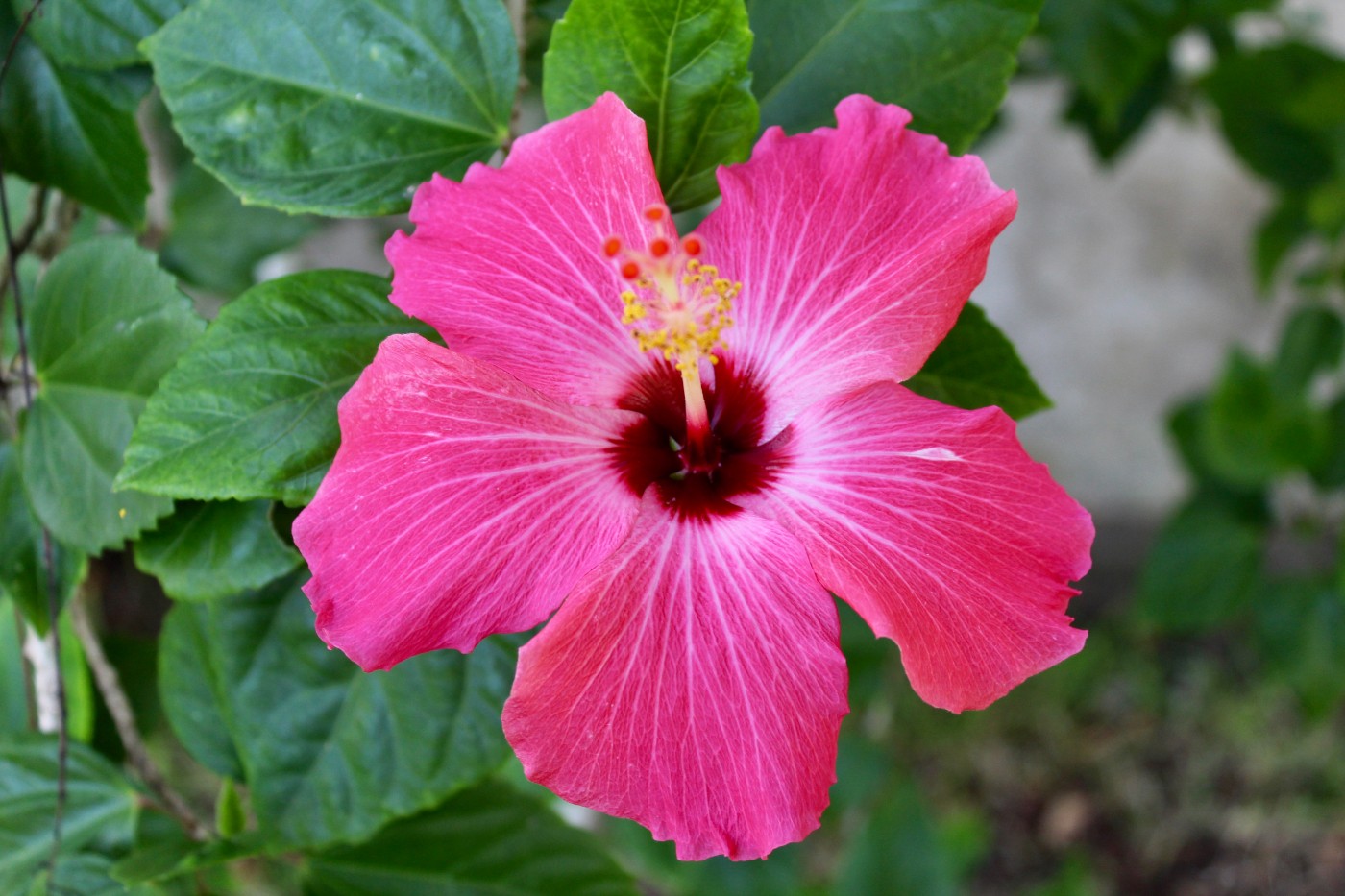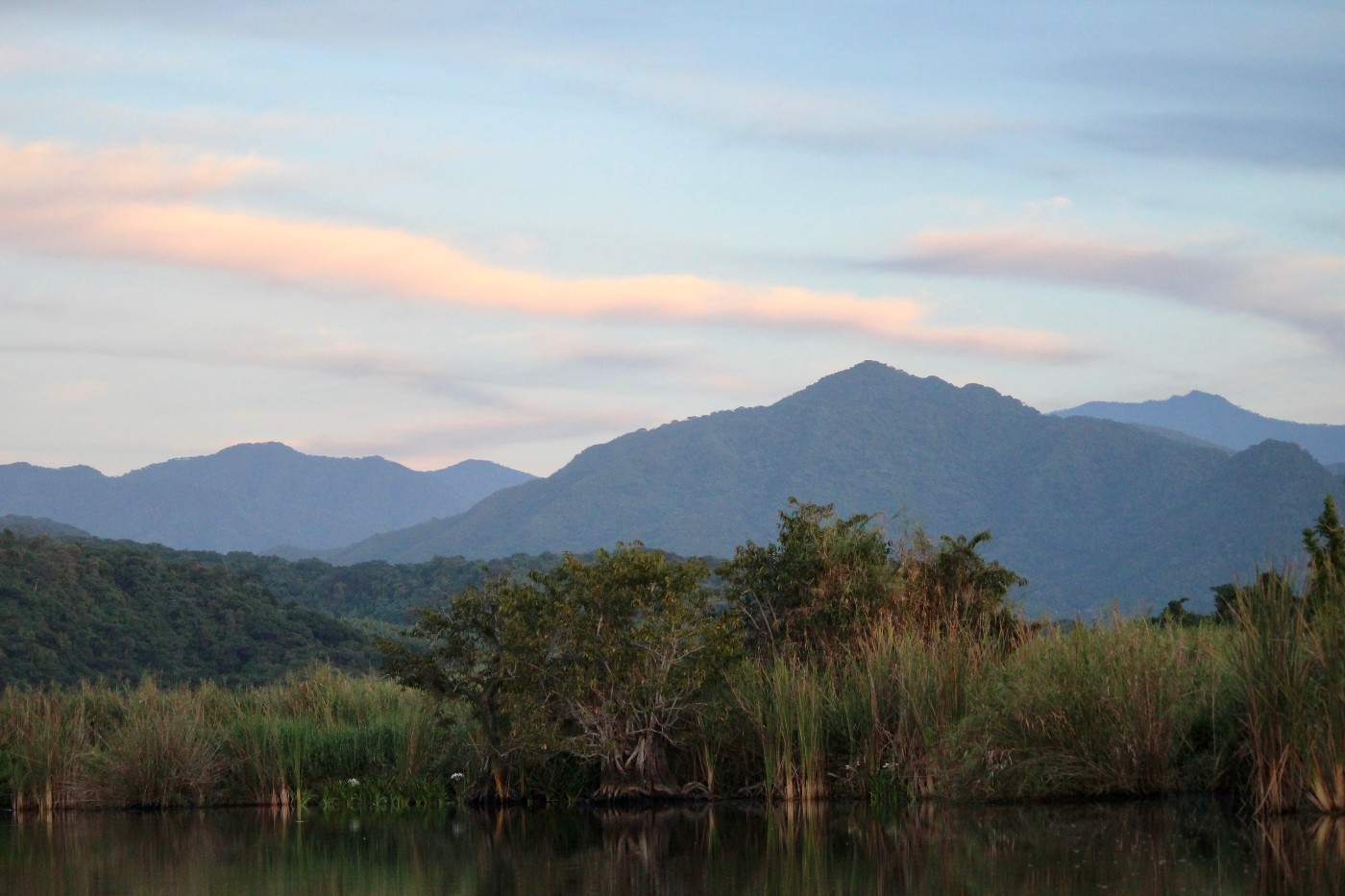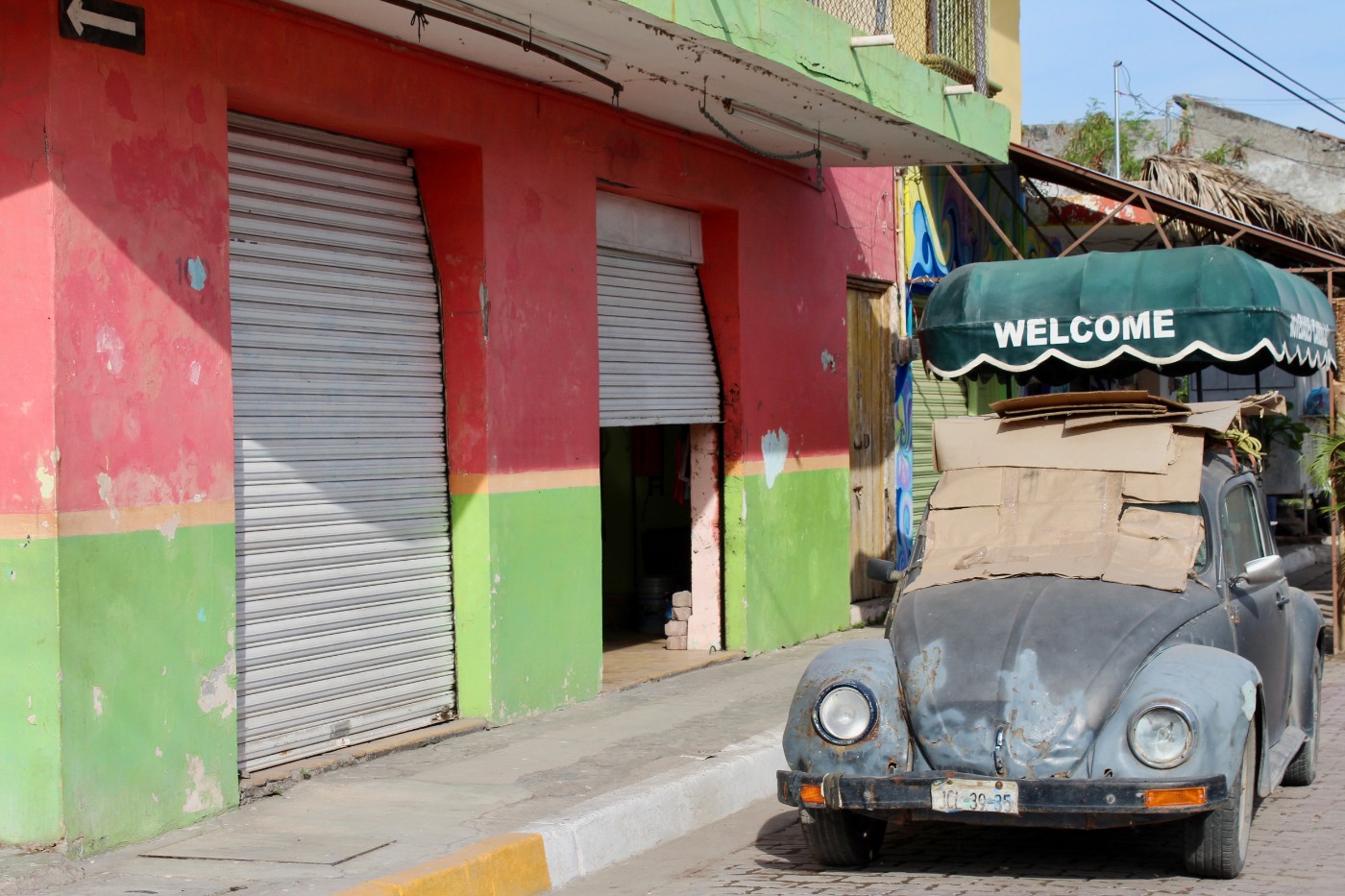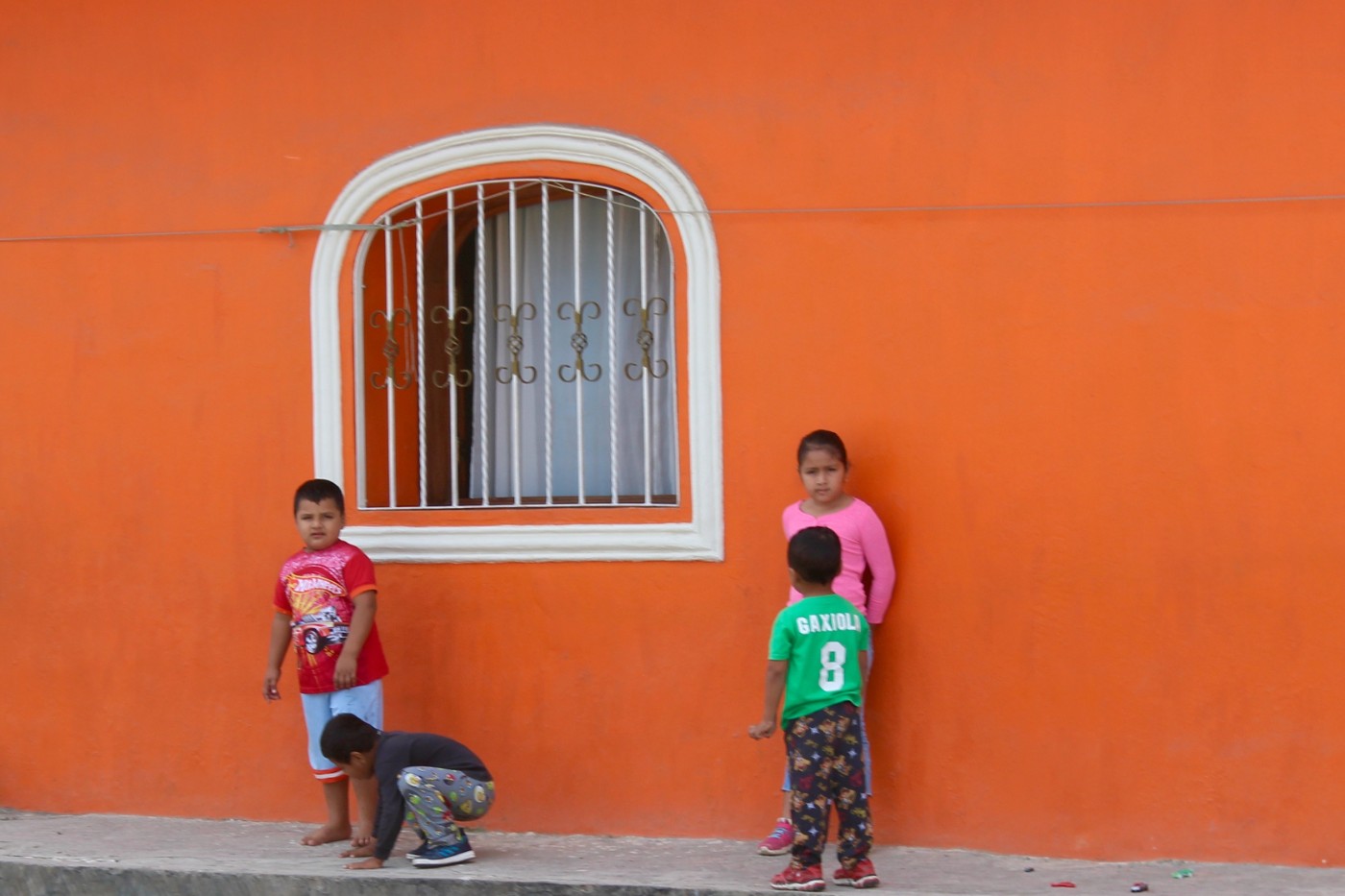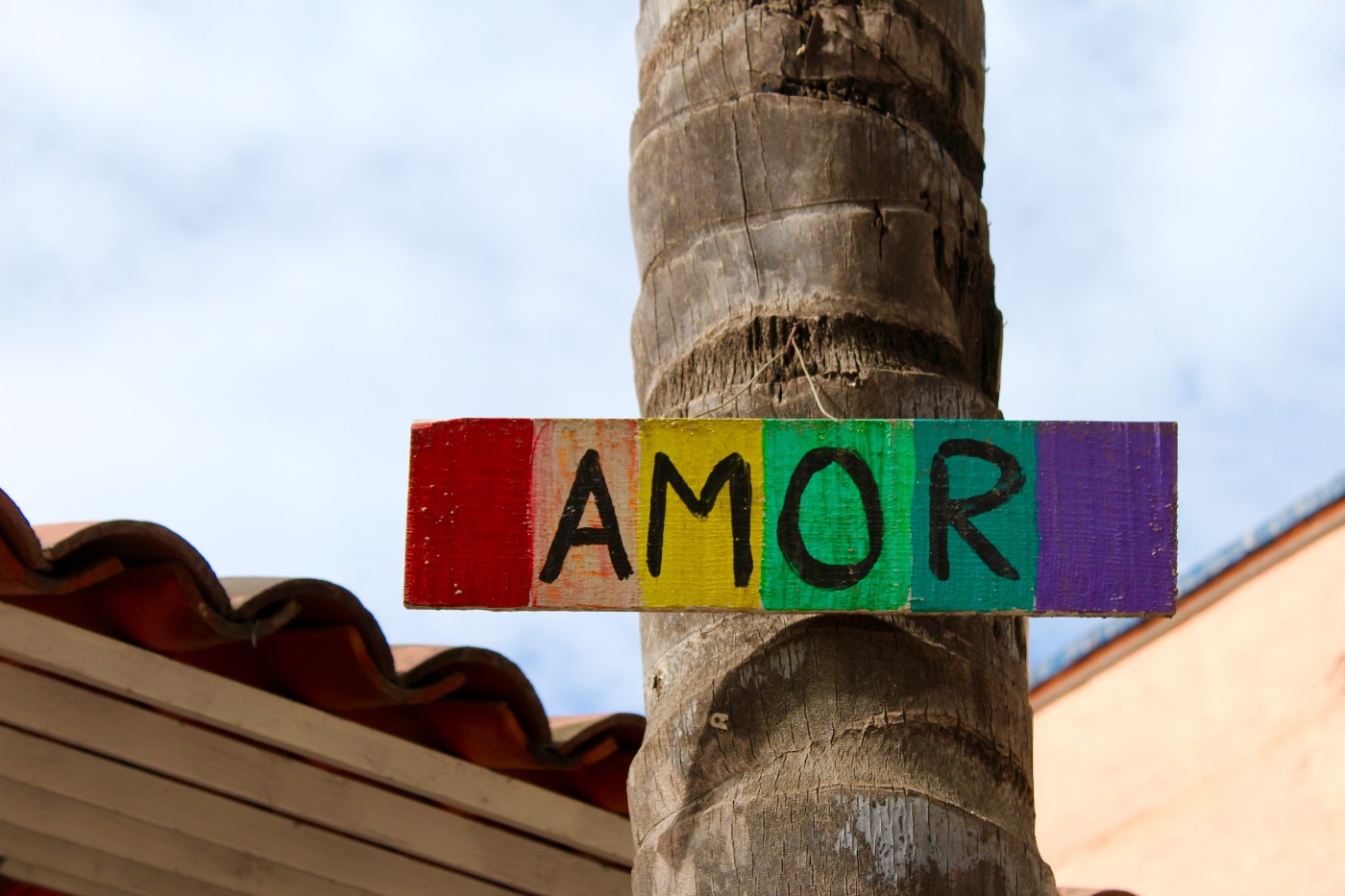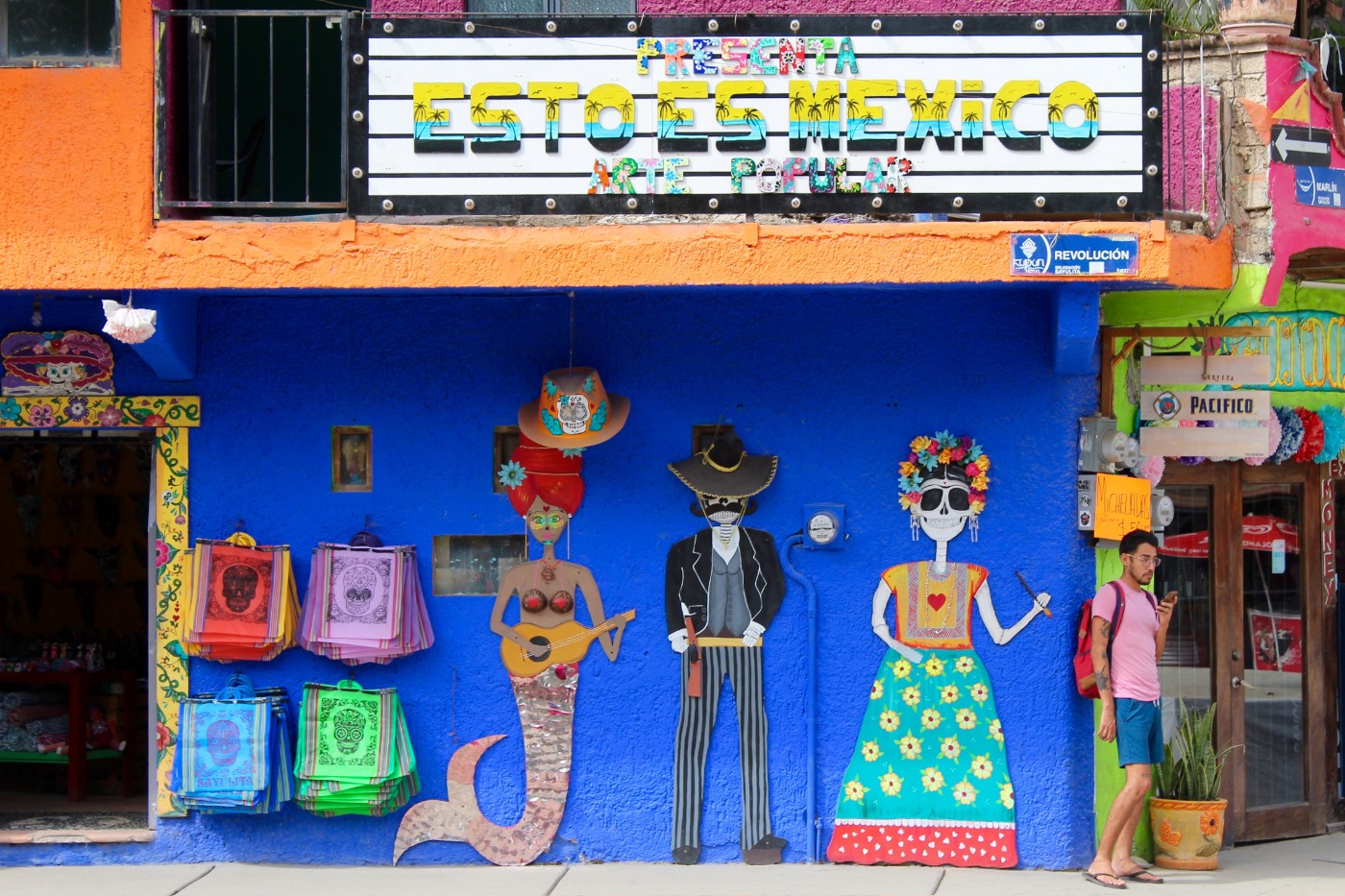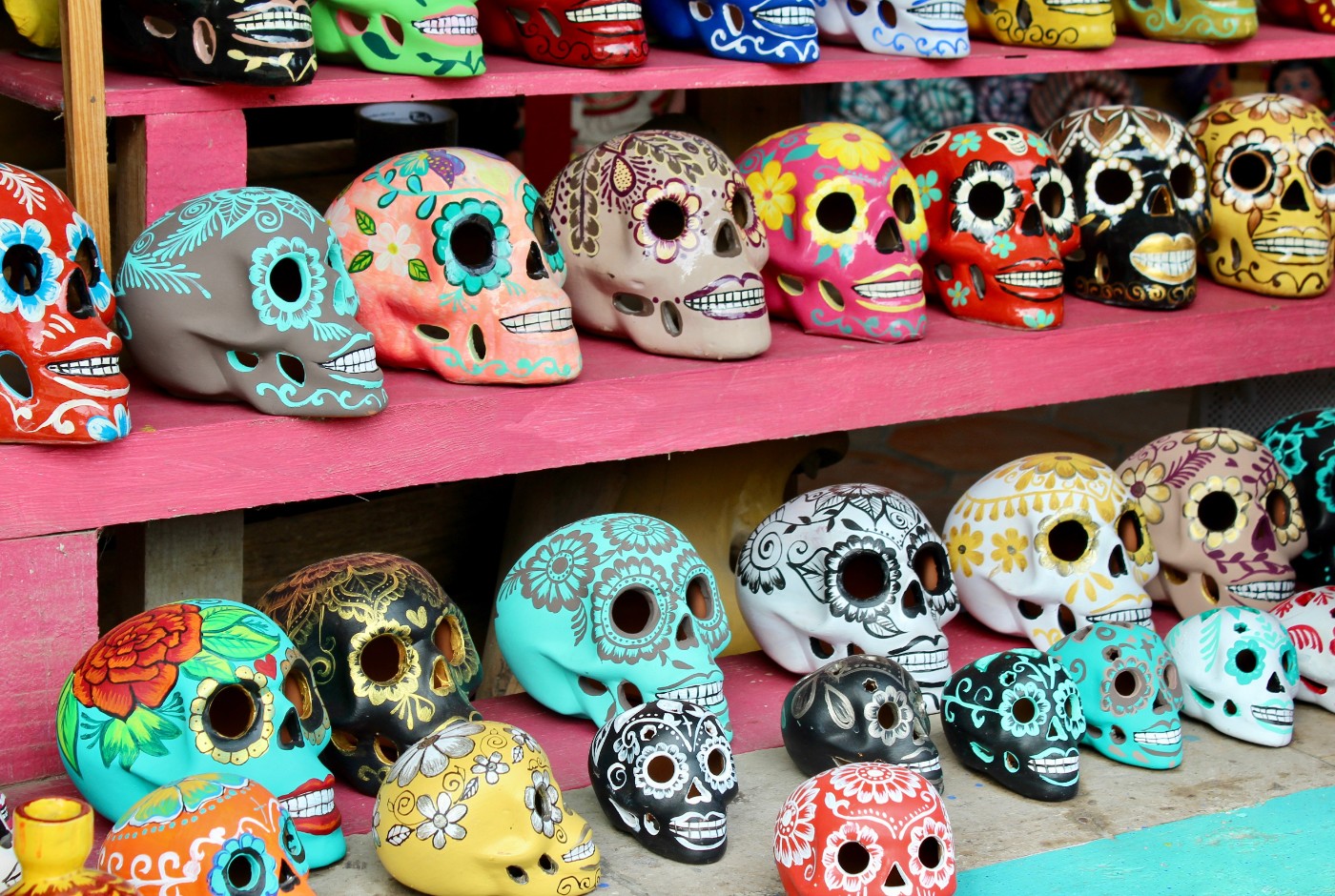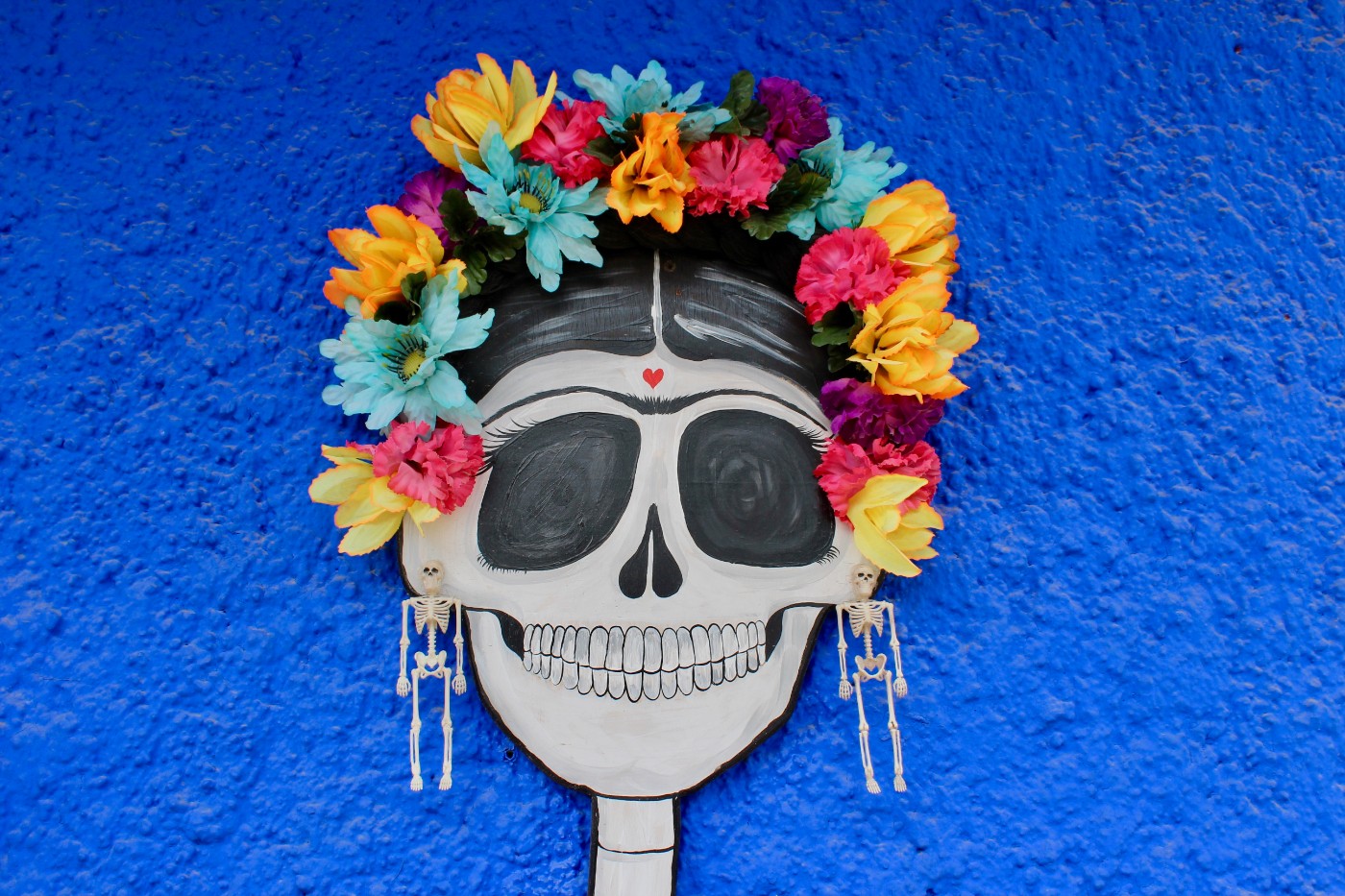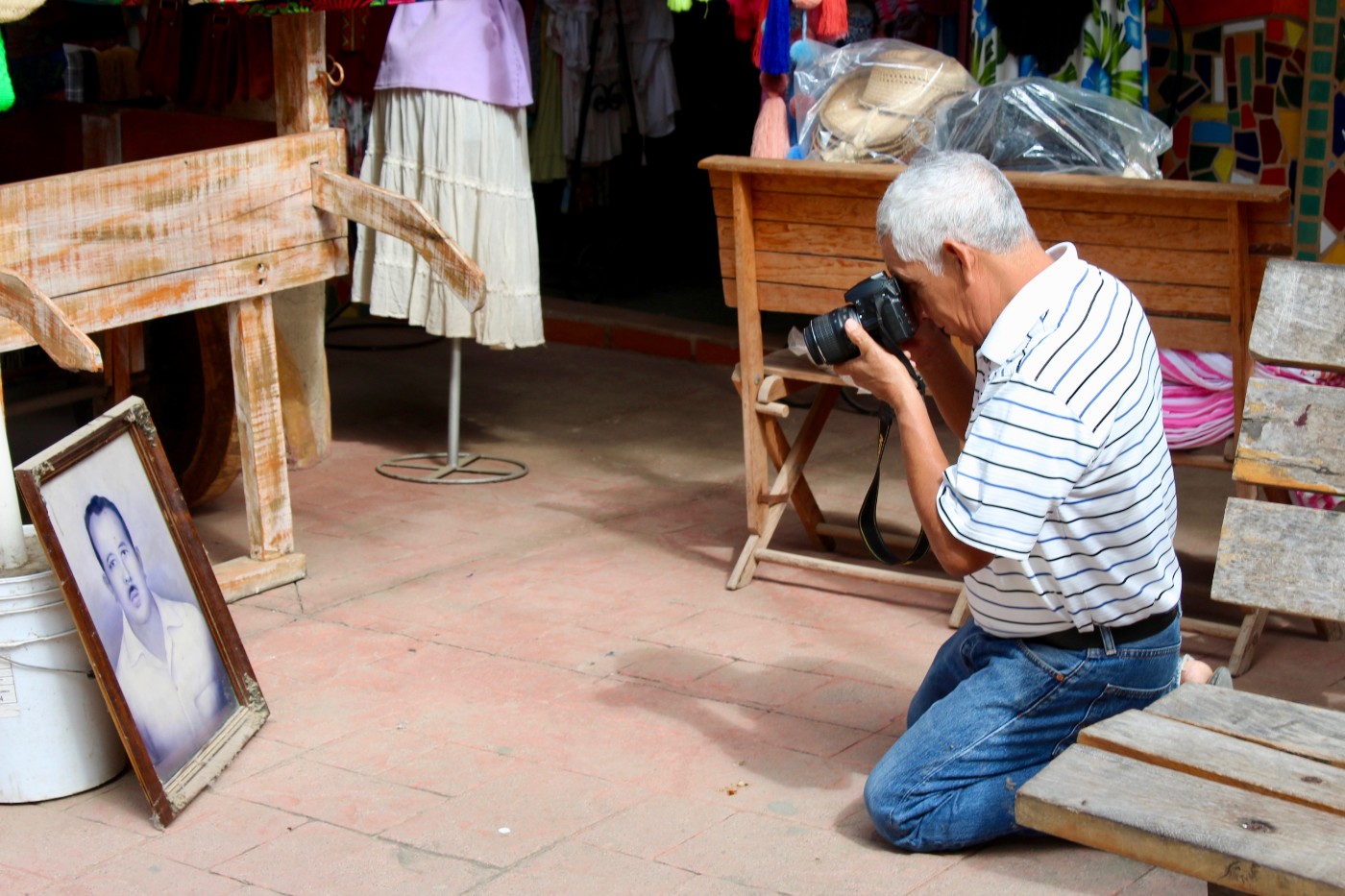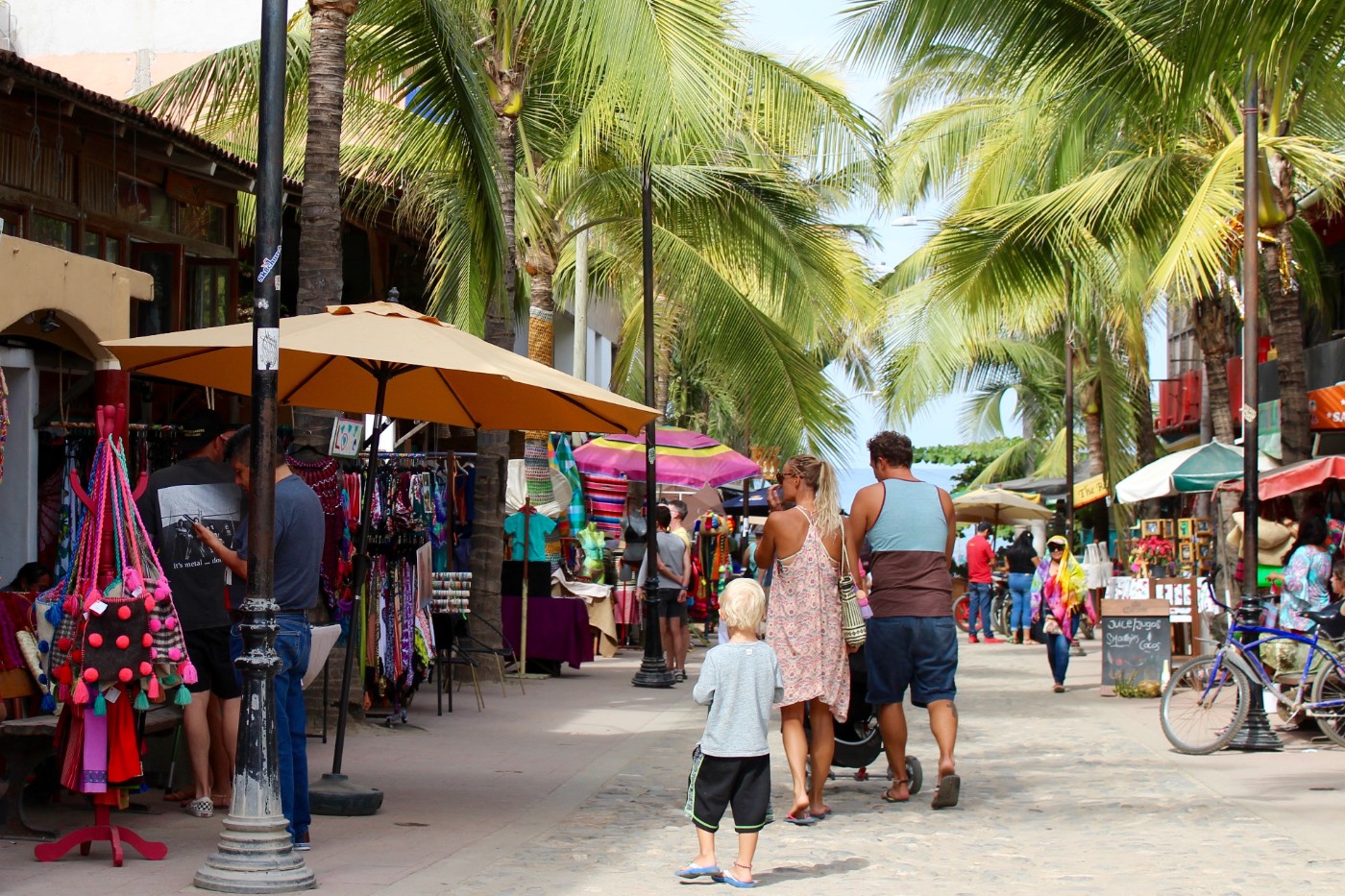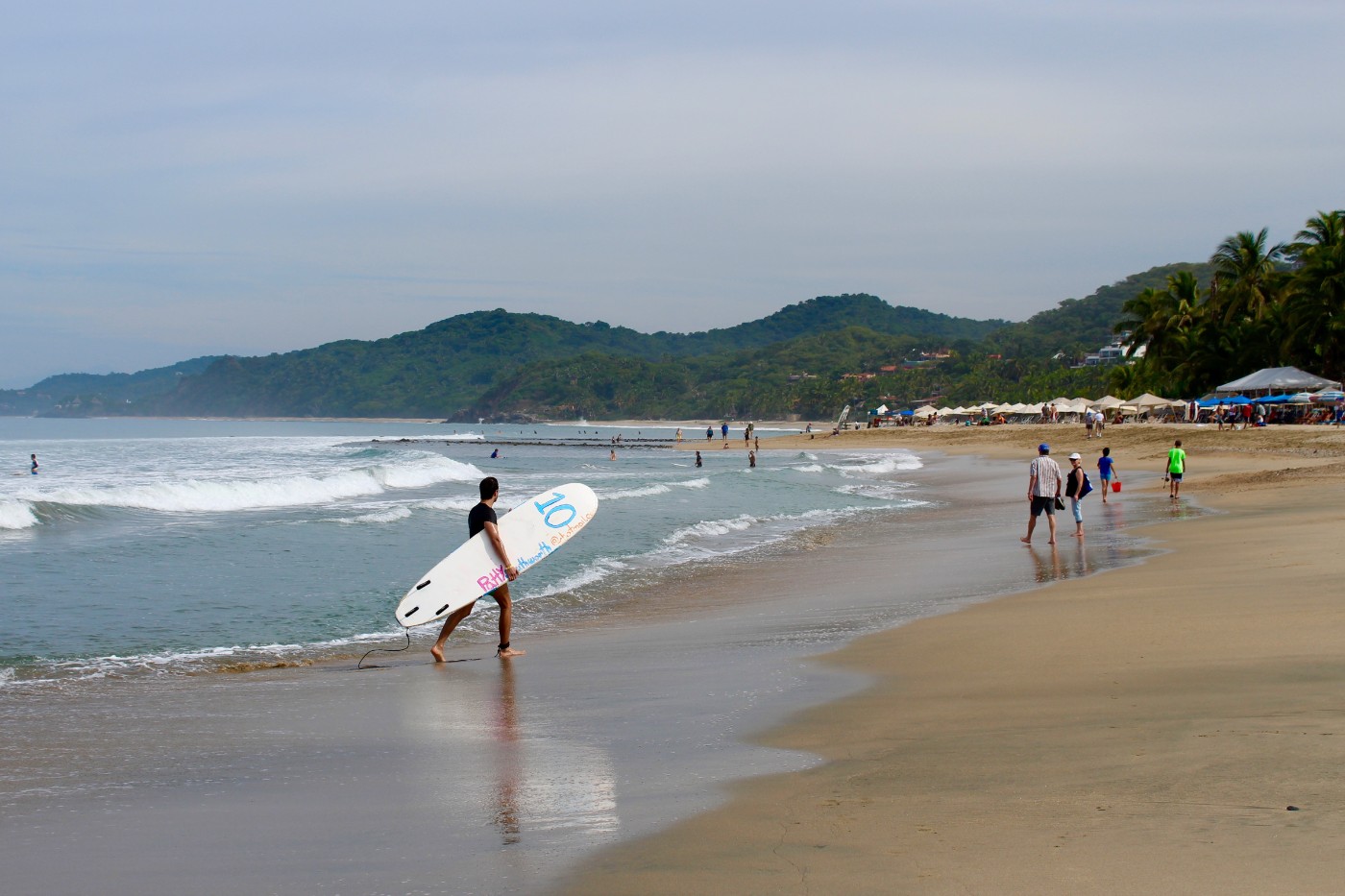∞Originally published in the Vancouver Sun April 27, 2018∞
High in the hills of Punta de Mita on Mexico’s Riviera Nayarit coast, I’m sitting on the patio of a bougainvillea-draped hacienda, pondering a local dining dilemma. What pairs best with my pre-dinner drink: grasshoppers or worms? Clearly, we’re far off the beaten taco track.
Instead, we’re sampling alta cocina mexicana at Los Xitomates, a haute cuisine hot spot pairing pre-Columbian foods with post-colonial fusion. Think mushrooms stuffed with huitlacoche — a corn fungus that serves as Mexico’s truffle — and seared cabreria beef — the local answer to Wagyu – with braised cactus. And, of course, insects: sal con chapulines and sal con gusano de maguey — Aztec-era grasshopper and worm salts — appear to dip limes in before braving mouthfuls of mescal.
The mescal, Los Xitomates’ custom distillation called Vas Que Vuelas (translation: it makes you fly), is the local equivalent of a Highland peat scotch, made with 25-year-old tepextate agave, so strong you can only sip. This batch, bottled in Oaxaca by a third generation master mescalero, makes the perfect prelude to an eye-opening culinary evening. “Mescal doesn’t get you drunk,” explains Chef Luis Jesus Fitch Gomez, languidly lifting a cacao shell of mescal to his lips. “It gets you high.”
Much like the Riviera Nayarit. For travellers looking for something fresh from their Mexican sun soak, Riviera Nayarit serves as the artisanal mescal antidote to nearby Puerto Vallarta’s tequila-shot sameness. Like a fine mescal, Riviera Nayarit offers a more refined and authentic experience, meant to be savoured slowly. A trip to this fascinating province — with its nearly 200-miles of beaches backed by the majestic Sierra Madre mountains just north of Puerto and Nuevo Vallarta — won’t get you drunk on beach-bound hedonism, but it will open your eyes with intriguing artsy towns, outdoor adventures, and unique tastes. Travellers looking for alternatives to cookie cutter all-inclusives are increasingly heading here for eco- and gastro-tourism and to immerse themselves in the natural world while whale watching, birding and hiking, deep sea fishing and surfing.
It’s eerily quiet in the mangrove swamps as the sun sets over La Tovara National Park outside of San Blas, halfway up Riviera Nayarit’s coast. More than 530 species of birds winter in these wetlands, making La Tovara one of the most biodiverse bird sanctuaries in the western hemisphere. Yet suddenly we can’t hear a single chirp. Our guide, Francisco Ernesto Garcia, silenced the chorus by imitating predatory owl calls for our amusement, but the peace doesn’t last long. The preserve is home to an astonishing avian array — ibis and egrets, herons and falcons, and endemic species I’ve never seen or heard: citreoline trogons, Sinaloa wrens, chachalacas and woodnymphs, urracas and zopilotes.
And as we wind through the narrow canals overhung with mangrove vines, bromeliads and wild orchids, there are more surprises: a loud splash off the bow as a crocodile flings itself under water at our approach. All we’re missing now, Garcia jokes, is a jaguar. sighting. Beginning to feel uneasy as dusk falls in the swamps, I beg to differ.
San Blas is four hours up the coast from the closest international airport in Puerto Vallarta and well worth the drive. La Tovara is a clear draw, but there’s more to explore. The scenic route winds through jackfruit and avocado orchards, offering pretty sea views and plenty of roadside stands offering fresh shucked ostion (oysters) and refreshing cocos frios (cold young coconut juice).
The town itself, a historic port, is small and caters to locals. Explore the markets, bars and restaurants off the town square, take in the town cathedral, sun yourself on the playa del Borrego, or seek a bird’s eye view of San Blas from the 18th century hilltop fort.
Check in to San Blas’ Hotel Garza Canela for a taste of tourism as it was before all-inclusives at this charming family owned 1970s-era hotel with delightful grounds — private chapel included — and the gourmet El Delfin restaurant, helmed by Mexico’s celebrated master chef Betty Vazquez. Here, you can tuck into inventive takes on traditional dishes such as sopes de ostion (smoked oysters on thick tortillas), or aguachile de cameron con chile serrano (shrimp ceviche with chiles), accompanied by Mexican wines — try the chenin blanc blend from the oldest winery in the Americas, Casa Madero, founded in 1597.
Blissed out on San Blas, we head south again to explore inviting beach towns dotting the coast — San Francisco, Sayulita, Punta de Mita and Bucerias — and seek out more adventures, both on the water and at the table.
Greeting morning to the sounds and sights of the jungle from your hilltop balcony is one of the perks of making the Grand Sirenis Matlali Hills Resort and Spa your base for exploration of the southern coast highlights. Set high above the fishing village and marina of Cruz de la Huanacaxtle, this four diamond rated resort treats guests to sweeping views, cliffside infinity pools, gardens blooming with desert roses and date palms, diverse dining and a sense of seclusion. Start your day with yoga or a guided hike around the 300-acre property, or visit the Makawe Spa for an indigenous Huichol treatment such as a Hakuté massage with white bamboo mud — and then you’re ready to hit the road — and the beaches.
First stop, San Francisco, dubbed San Pancho, a bohemian village where horses and donkeys roam the cobblestone streets. There’s an array of adventure tourism activities: scuba diving, rock climbing, horseback riding, jungle trekking, even baby sea turtle releasing. Shop the eclectic stores, admire intricate Huichol bead art from street vendors or bring home up-cycled glass art from Entre Amigos, a non-profit community centre and recycling depot that offers reading, computer and entrepreneurial skills to local women and children. In the afternoon, settle in at the beach under a palapa (thatch umbrella) and watch surfers until sunset from Las Palmas beachside restaurant over a cielo rojo, (beer and tomato juice cocktail) and plate of shrimp aguachile with passionfruit — chef Sergio Romo Contreras’ grandmother’s secret recipe.
Next, set your sites on nearby Sayulita, a bright, Instagram-ready, neo-hippy town rife with surfers, backpackers, artists with some of the best art galleries and artisan shopping in the region. Snag some surf lessons from the Mexican Surf Mafia or Mexican pop art from Revolucion del Sueno then kick back by the beach with a local Pacifico beer and fish tacos from Don Pedro’s. From here, it’s not far to the expat enclave of Bucerias — dubbed B.C.-rias for its prevalence of British Columbians — with its meandering mercado del beso craft market, brightly coloured buildings and busy central plaza off the playa.
There’s no better way to bookend your Riviera Nayarit trip than with another unforgettable natural experience — getting up close and personal with humpback whales. But first, check into the chic new W Hotel in Punta de Mita, order a mescal cocktail (rimmed with sal con gusano de maguey, naturally) from the spectacular lobby bar, try an agave and tequila facial and treetop pool soak at the Away Spa, snack on ceviche peruano (yellow-fin tuna with soy sauce and avocado) from the hotel’s Chevycheria (an outdoor bar slash 1950s Chevy) on the pristine beach and then book a whale watching excursion from their activities desk.
Our Punta Mita Expeditions guides Cristian Martinez and Armando Nungaray slice through the sea spray as they race toward a sighting of these majestic balena jorobada. More than 600 of the 50-ton mammals converge here each winter from mid-December to late March to raise their calves. Chances of a sighting are good, but I had no idea how good until a pod of seven humpbacks began courting us, swimming so close to our boat that we could see water rivulets stream off their backs as they breached and almost feel the misty breaths hanging above their blow holes. Raw encounters with natural beauty here truly are the ultimate luxury.
Elaine O’Connor travelled as a guest of Riviera Nayarit’s tourism bureau. No one from the tourism bureau read or approved of the article before publication
If you go:
- Riviera Nayarit Tourism Bureau
- La Tovara National Park
- Grand Sirenis Matlali Resort and Spa
- W Hotel Punta de Mita
- Hotel Garza Canela and El Delfin Restaurant
- Punta Mita Expeditions
- Entre Amigos
- Los Xitomates
- Don Pedro’s
- Las Palmas

I’m a different kind of travel writer. I craft long-form, cover-worthy feature-length travel articles with style and substance. I tell travellers not just what to do, but why. Find out how to work with me.


